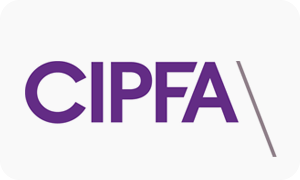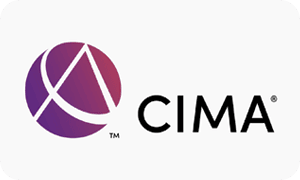Accounting and Finance / Economics
Accounting and Finance / Economics Code N4L1 Attend an Open Day Attend an Open Day
Apply NowKey Facts
N4L1-
UCAS Tariff
120 - 96
-
Course duration
3 years
Available for September start 2026
Further details on entry requirements
Apply NowAt Aberystwyth University, the Accounting and Finance with Economics focuses on the impact of choice on the production, distribution, and consumption of resources through microeconomics and macroeconomics, which analyses choice at the individual level or the economy. At Aberystwyth, we focus on the practical application of economic ideas, knowledge, and methods within the context of professional decision-making situations. Studying Accounting and Finance with Economics will enable you to enjoy the benefits of both subjects giving flexibility for your future.
Course Overview
Modules September start - 2026
Please note: The modules listed below are those currently intended for delivery during the next academic year and may be subject to change. They are included here to give an indication of how the course is structured.
| Module Name | Module Code | Credit Value |
|---|---|---|
| Accounting and Finance for Specialists | AB11220 | 20 |
| Data Analytics | AB15220 | 20 |
| Fundamentals of Accounting and Finance * | AB11120 | 20 |
| Economic Theory and Policy | AB13220 | 20 |
| Understanding the Economy | AB13120 | 20 |
| Module Name | Module Code | Credit Value |
|---|---|---|
| Macroeconomics: Theory and Policy Applications | AB23220 | 20 |
| Microeconomics Theory and Policy Applications | AB23120 | 20 |
| Corporate Finance and Financial Markets | AB21420 | 20 |
| Intermediate Financial Accounting | AB21120 | 20 |
| Intermediate Management Accounting | AB21220 | 20 |
Options
| Module Name | Module Code | Credit Value |
|---|---|---|
| Econometrics | AB23420 | 20 |
| Managerial Economics | AB23320 | 20 |
| Module Name | Module Code | Credit Value |
|---|---|---|
| Advanced Financial Accounting | AB31120 | 20 |
| Advanced Management Accounting | AB31220 | 20 |
| Investments and Financial Instruments | AB31320 | 20 |
| Contemporary Issues in Economics and Policy | AB33120 | 20 |
| Growth, Development and Sustainability | AB33420 | 20 |
Options
| Module Name | Module Code | Credit Value |
|---|---|---|
| Environmental Economics | AB33220 | 20 |
| History of Economic Thought | AB33320 | 20 |
* Also available partially or entirely through the medium of Welsh
Careers
Teaching & Learning
Typical Entry Requirements
UCAS Tariff 120 - 96
A Levels BBB-CCC
GCSE requirements (minimum grade C/4):
English or Welsh and Mathematics
BTEC National Diploma:
DDM-MMM
International Baccalaureate:
30-26
European Baccalaureate:
30-26
English Language Requirements:
See our Undergraduate English Language Requirements for this course. Pre-sessional English Programmes are also available for students who do not meet our English Language Requirements.
Country Specific Entry Requirements:
International students whose qualification is not listed on this page, can check our Country Specific Entry Requirements for further information.
The University welcomes undergraduate applications from students studying the Access to Higher Education Diploma or T-level qualifications, provided that relevant subject content and learning outcomes are met. We are not able to accept Access to Higher Education Diplomas or T-levels as a general qualification for every undergraduate degree course.
Our inclusive admissions policy values breadth as well as depth of study. Applicants are selected on their own individual merits and offers can vary. If you would like to check the eligibility of your qualifications before submitting an application, please contact the Undergraduate Admissions Office for advice and guidance.



